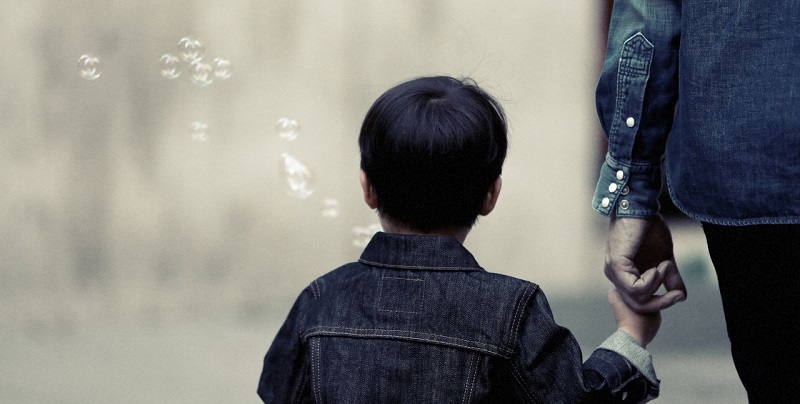
In a Volatile, Uncertain, Complex and Ambiguous (VUCA) world parents are grappling with challenges that never existed before. And new problems can't be dealt with old solutions. "For any examination, students have to undertake rigorous preparation, practice with mock question papers and do revisions. Imagine a situation where the students don't know what the syllabus is and what sort of questions to expect. People become parents by choice and are thrown at the deep end and figure out how to...
SUBMIT REVIEW
Please email us: editor.rajagirimedia@gmail.com
USER REVIEWS